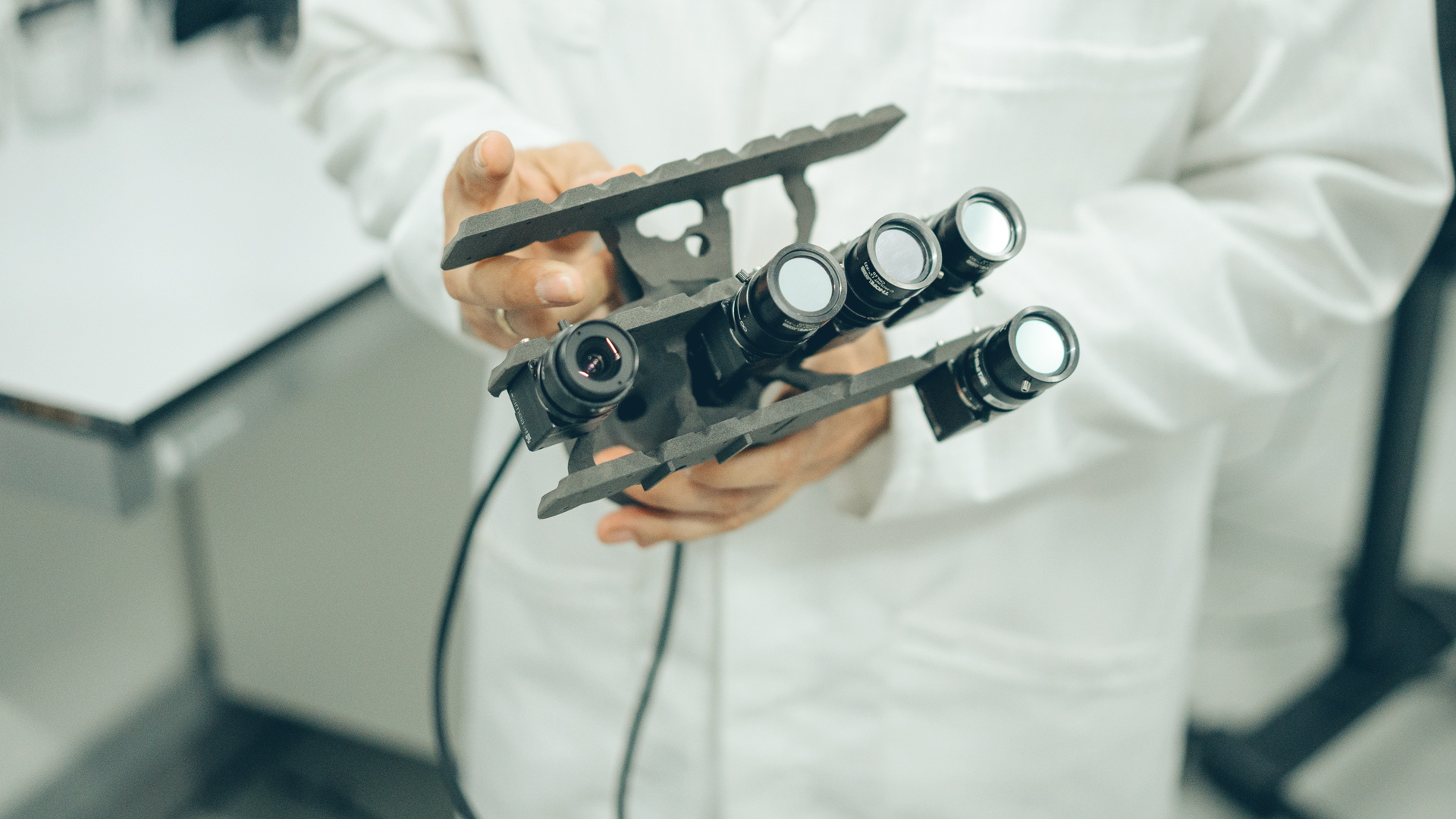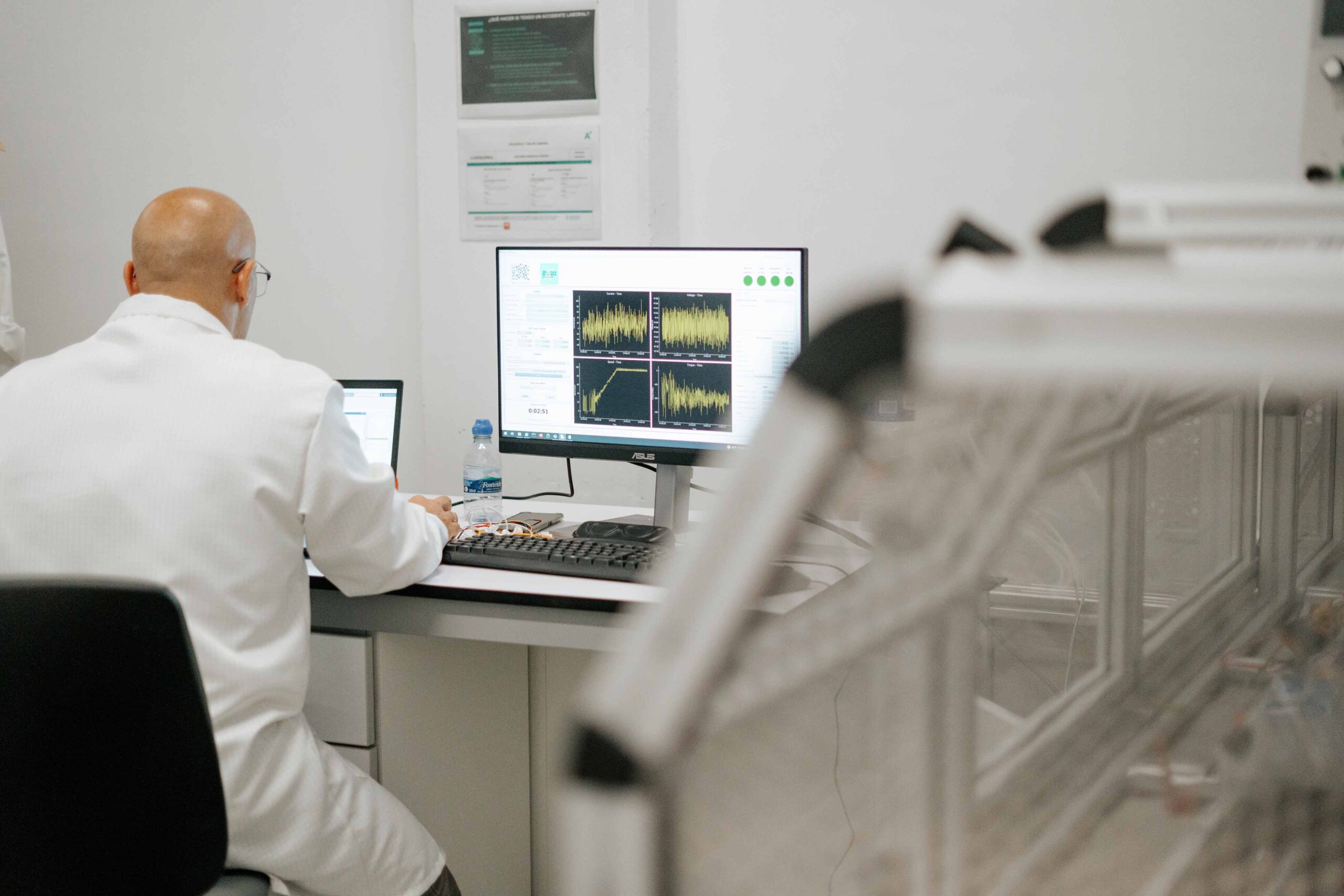- Sectors
- Aerospace & Defense
- Big science
- Fintech
- Insights
Our main research focuses on highly dynamic and efficient robotics. Our goal is to create technology to enable safe physical Human-Robot Interaction for healthcare, mobility, space, defense or entertainment applications. We also seek to solve major challenges for humanity, both on our planet and beyond it, by developing technology for water extraction in dry environments, or space transformation. Our ambition is to respond to major current and future challenges, such as climate change, aging population or scarcity of basic resources, such as water. Our research has a multidisciplinary approach in areas such as:

Research in robotic actuators with high dynamic efficiency and wide control bandwidth that allow the creation of agile and efficient robots.
We develop models, prototypes and algorithms for electrical machines capable of producing high torque with higher efficiency and great dynamic and thermal behavior. We design and manufacture high dynamic efficiency actuators in which we integrate our own technology in electrical machines, mechanical transmissions, sensors, electronics and control.
We work to create robots capable of achieving high levels of efficiency and agility for collaborative robotics.
We investigate to achieve a real-application comparison between classical machine vision systems and neuromorphic machine vision systems. Our goal is to determine, through multiple performance metrics, which combination of classical technology at different levels (sensor, computation, neural networks) obtains the best performance in an on-board demonstrator.

Our goal is to substantially extend the lifetime of satellites and space probes for long-term orbital and interplanetary missions. To this end, through different phases of theoretical research, numerical simulations and validation tests both on the ground and in orbit, we intend to study the feasibility of a novel electrical micro-propulsion system for aerospace applications with performance and durability superior to the state of the art.
Contact us, set us a challenge and discover everything we can offer you.